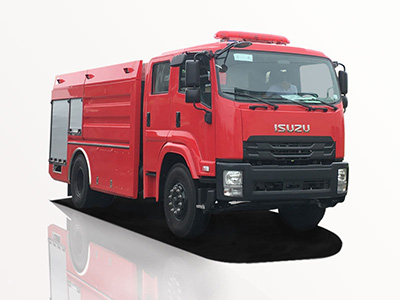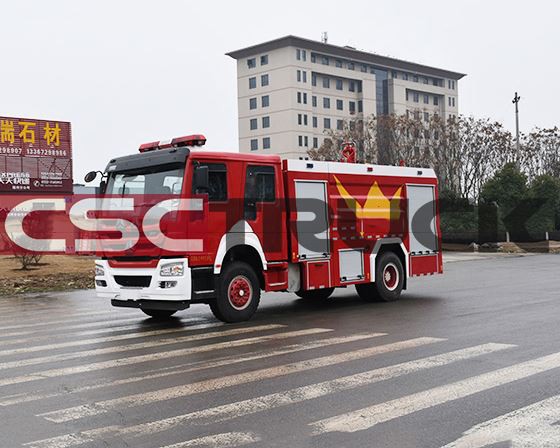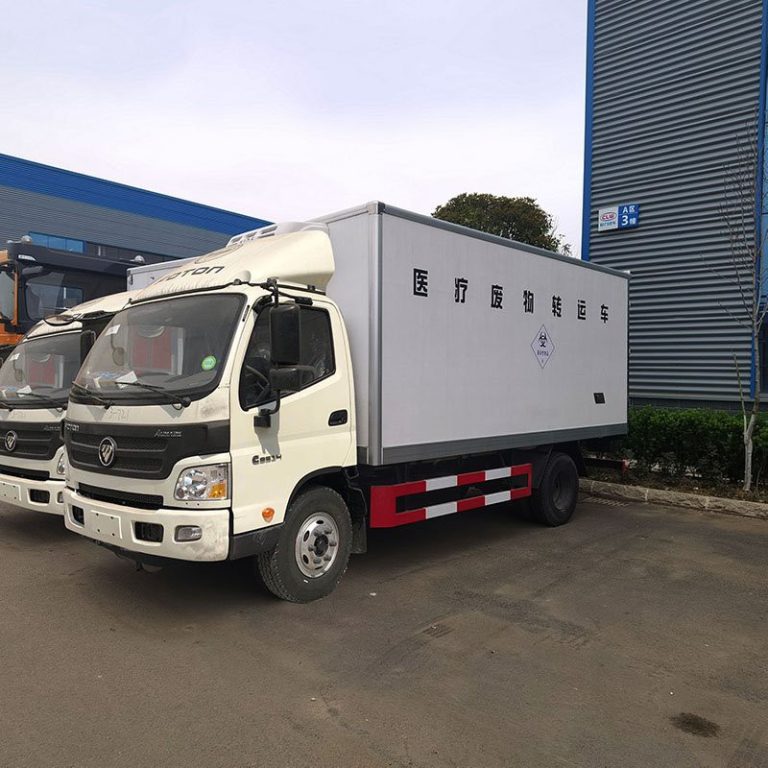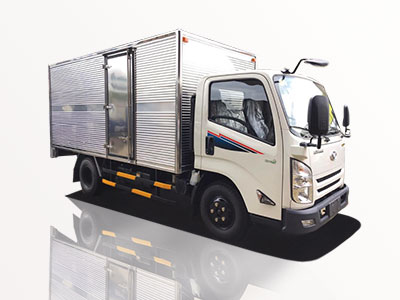In recent years, the vacuum truck industry has seen significant advancements, leading to the introduction of new vacuum truck models that promise greater efficiency, versatility, and safety. In this comprehensive article, we will delve deep into the features, benefits, applications, and tips for choosing the right vacuum truck for your needs. Whether you’re in the market for a new vacuum truck or simply looking to learn more about this essential piece of equipment, you’ve come to the right place.
Understanding Vacuum Trucks
What Is a Vacuum Truck?
A vacuum truck is a specialized vehicle equipped with a vacuum system that can suck up liquids, sludges, and solids from various locations. They are commonly used in industries like construction, municipalities, and oil and gas, among others. The ability to transport and dispose of waste materials makes them an essential tool for maintaining cleanliness and safety in various sectors.
How Do Vacuum Trucks Work?
Vacuum trucks are equipped with a tank, a vacuum pump, and hoses or suction nozzles. The vacuum pump creates negative pressure that allows the truck to suck up waste materials. Once collected, the materials are stored in the tank for safe transport and disposal. After completion of the task, the truck can unload the waste at a designated site, making the process efficient and effective.
Key Components of a Vacuum Truck
| Component | Description |
|---|---|
| Tank | The container that holds the waste material. |
| Vacuum Pump | Creates suction to draw in waste materials. |
| Suction Hose | Connects the vacuum truck to the waste source. |
| Controls | Manages the operation of the vacuum pump and other systems. |
The Advancements in New Vacuum Truck Technology
Improved Efficiency
The latest models of vacuum trucks come with more powerful pumps that can handle larger volumes of materials in less time. This increased efficiency not only saves time but also reduces operational costs associated with labor and fuel consumption.
Enhanced Safety Features
Safety is a critical aspect of operating vacuum trucks. New models come equipped with advanced safety features such as automatic shut-off systems, better visibility aids, and improved structural integrity to help prevent accidents during operations.
Environmentally Friendly Options
Many new vacuum trucks are designed to meet stringent environmental regulations. These vehicles often include options for reducing emissions and using biodegradable or less harmful materials in their operations, appealing to environmentally conscious businesses.
Applications of New Vacuum Trucks
Municipal Services
Vacuum trucks are extensively used by municipalities for street cleaning, stormwater management, and waste collection. They help maintain public spaces and ensure compliance with environmental regulations.
Construction Sites
In the construction industry, vacuum trucks are vital for removing debris and hazardous materials. They are particularly useful for cleaning up spills and managing waste materials during excavation projects.
Industrial Applications
Industries such as oil and gas use vacuum trucks to manage drilling waste, product spills, and tank cleaning. These trucks can efficiently handle a variety of materials, making them indispensable for large-scale operations.
Choosing the Right New Vacuum Truck
Assess Your Needs
Before purchasing a vacuum truck, it’s essential to assess the specific needs of your business or operation. Consider factors such as the type of materials you will be handling, the frequency of use, and the required capacity of the truck.
Evaluate Specifications
When evaluating potential vacuum trucks, consider the following specifications:
- Tank Size: Choose a tank size that meets your operational needs without being over or under capacity.
- Vacuum Pump Power: Ensure the vacuum pump is adequately powerful for the materials you will be dealing with.
- Manoeuvrability: Smaller trucks may be better suited for restricted workspaces, while larger trucks can handle more significant tasks.
Consider Budget and Financing
Vacuum trucks can be a substantial investment. Assess your budget and explore financing options that may be available. Consider ownership vs. leasing and how each option can impact your financial bottom line.
Maintenance and Care of Vacuum Trucks
Regular Inspections
To ensure that your vacuum truck operates efficiently, regular inspections are critical. Check the vacuum pump, hoses, and tank integrity for any signs of wear or damage.
Cleaning and Hygiene
After each use, it is essential to clean the tank and hoses to prevent the build-up of harmful substances. Following proper cleaning protocols will prolong the life of your truck and ensure it operates at peak efficiency.
Scheduled Maintenance
Implement a routine maintenance schedule that includes checking and replacing parts as needed. Work with a qualified technician to perform any servicing required to keep your truck in excellent condition.
Practical Examples of New Vacuum Trucks in Action
Case Study 1: Municipal Street Cleaning
A city implemented a fleet of new vacuum trucks with state-of-the-art capabilities for street cleaning. The improved suction power allowed the crews to cover more ground, reducing the cleaning time by 30%. The municipality reported enhanced public satisfaction and decreased maintenance costs for public areas.
Case Study 2: Construction Site Management
A construction company invested in a new vacuum truck to manage hazardous materials on-site. The truck allowed for quick cleanup and ensured compliance with safety standards. The result was a significant reduction in downtime and a safer working environment for employees.
Cost Considerations
Initial Investment vs. Long-Term Value
When considering the cost of a new vacuum truck, it’s important to evaluate both the initial capital outlay and the long-term value it offers. While a more expensive model may have better performance and longevity, a less expensive option could cost more in maintenance and inefficiency over time.
Operating Costs
Factor in the ongoing expenses associated with operating a vacuum truck, including fuel, insurance, maintenance, and compliance with regulations. Understanding your total cost of ownership will help make an informed decision.
Frequently Asked Questions (FAQs)
1. What industries commonly use vacuum trucks?
Vacuum trucks are used in several industries, including municipal services, construction, oil and gas, and waste management, among others.
2. How do I know what size vacuum truck I need?
Your required vacuum truck size depends on the volume of materials you handle. Assess your operational needs and consult with a vendor for guidance on appropriate sizing.
3. Are there any environmental regulations I need to consider?
Yes, many regions have environmental regulations regarding waste disposal, emissions, and operational safety. It’s crucial to ensure your vacuum truck complies with local laws.
4. What maintenance is necessary for vacuum trucks?
Regular inspections, cleanup after each use, and scheduled maintenance checks of parts such as the vacuum pump and hoses are essential for keeping a vacuum truck in top condition.
5. Can I lease a vacuum truck instead of buying one?
Yes, leasing options are available for vacuum trucks and can be a cost-effective choice for businesses that do not require a permanent investment.
6. What should I look for in a dealer when purchasing a vacuum truck?
Look for a dealer with a solid reputation, good customer service, competitive pricing, and a reliable service and repair facility.



